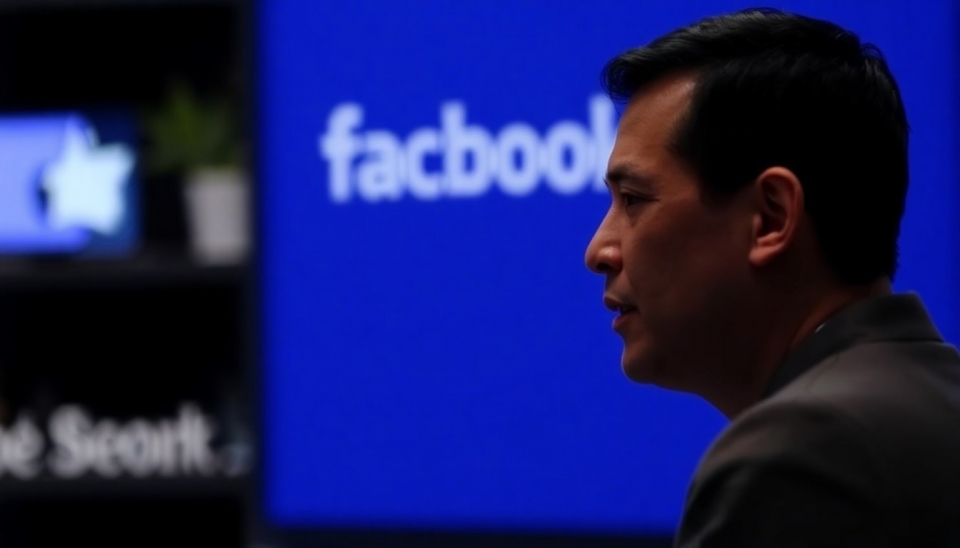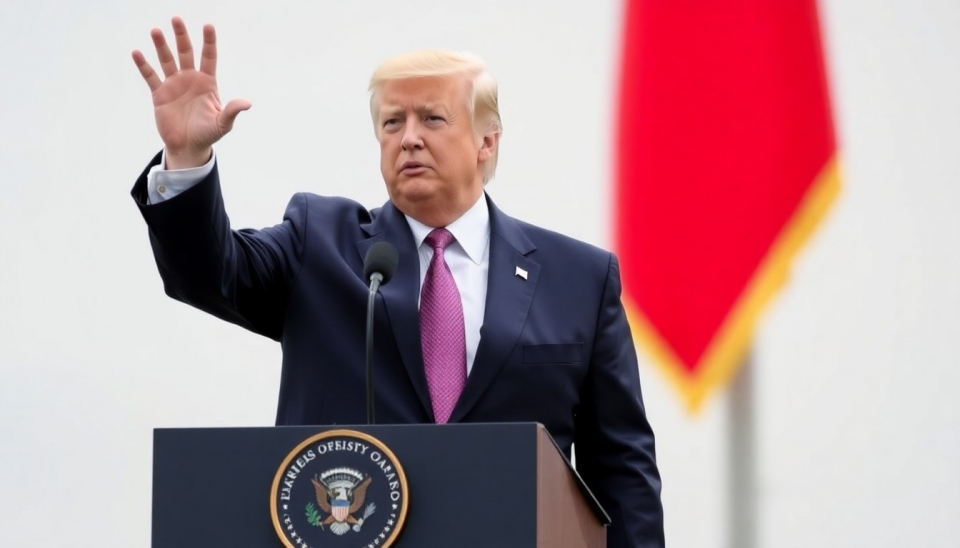
What had once been effective lobbying strategies in the United States for China started to falter and put big Chinese tech companies like Huawei and TikTok at an increased risk. Whereas geopolitical tension, combined with growing skepticism in Washington, has evolved into tactics that have totally challenged the influence which Beijing had steadily built over the years.
Consequently, the effectiveness of China's lobbying in the US has drastically slipped, and its tech giants are now exposed to regulatory investigations and possible sanctions. According to Bloomberg, Chinese lobbyists have grown less effective as the US turns increasingly suspicious of China's superpower ambitions and the potential security risks from its technology companies.
Several factors have converged to drain China's lobbying heft. Among the most critical has been a hardening bipartisan consensus in Washington on the menace posed by the Chinese companies. Earlier, Chinese lobbyists had managed to exploit divisions within US political ranks. With sentiment hardening across both aisles, it has become tougher to influence opinions.
Chinese lobbyists have similarly faced a far more inhospitable regulatory environment. The Committee on Foreign Investment in the United States and the Federal Communications Commission have been much more active in investigating and targeting Chinese technology firms. A key example includes the increased scrutiny of data practices by TikTok and Huawei's involvement with 5G infrastructure.
Making these matters even worse are the shrinking ranks of American lobbying firms that are willing to represent Chinese clients. The reputational risks associated with such representations simply have become too large for many. Prominent lobbying firms are starting to decline Chinese contracts, further diminishing Beijing's influence in Washington.
For years, influential in the halls of US power, Chinese technology companies are rethinking their approach. They're investing more in their US operations-including the idea that stateside jobs created can insulate them from at least some criticism in Congress. There have also been efforts to hire prominent American executives and board members in a bid to curry favor and build credibility.
Even these may not be sufficient to overcome the growing skepticism. Lawmakers, meantime, are pushing for more stringent regulations against Chinese technology companies as national security and theft of intellectual property become a concern. Future legislation could raise the heat on such companies as Huawei and ByteDance.
As China's US lobbying playbook falters, the future of its technology enterprises in one of their most important markets is at risk. The stakes are huge, not only for the companies concerned but also for the overall US-China relationship and the technology industry as a whole.
#China #Lobbying #TechCompanies #USRegulation #Geopolitics #Huawei #TikTok #CFIUS #FCC #Beijing #WashingtonPolitics
Author: John Miller




